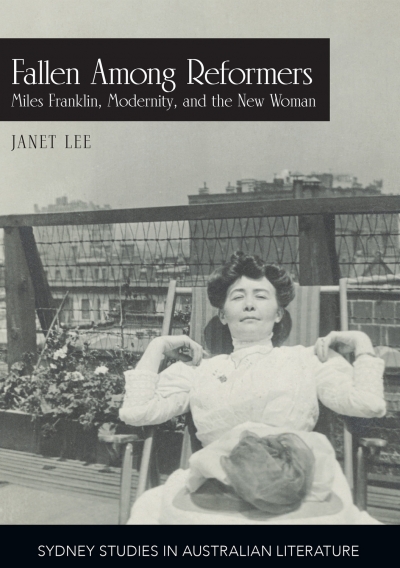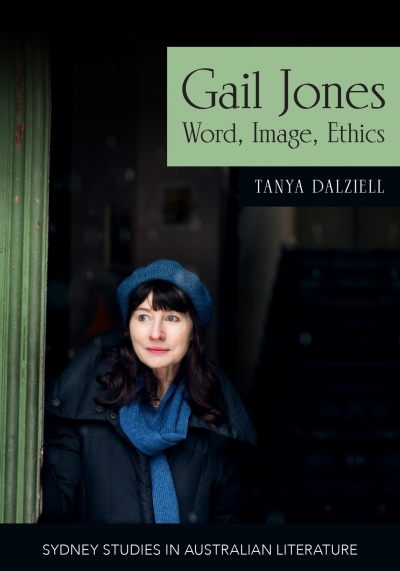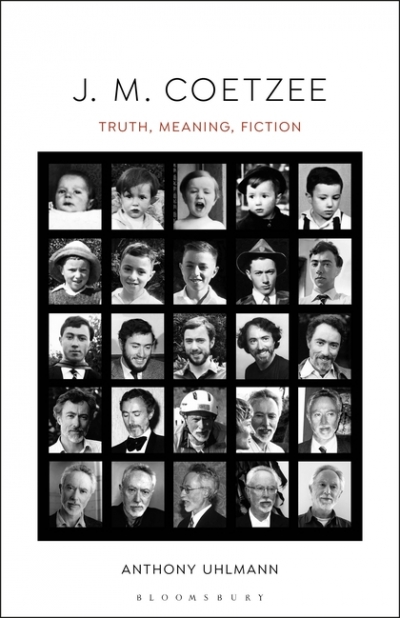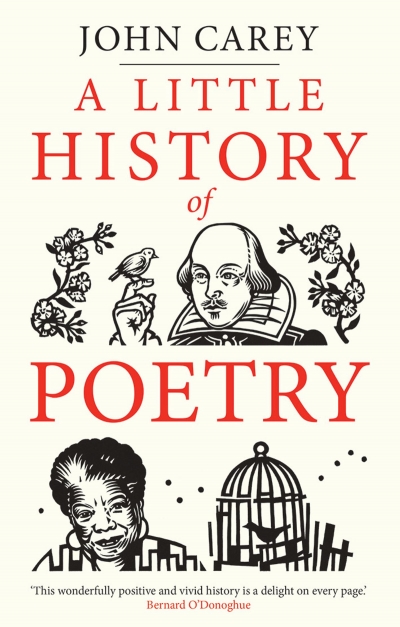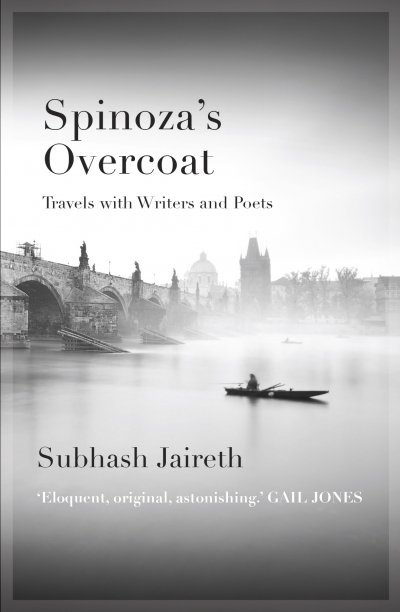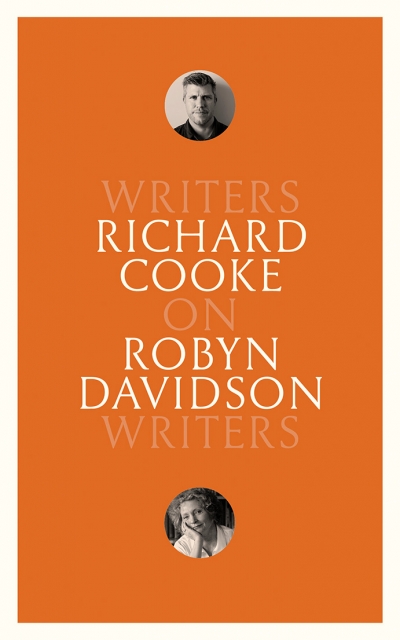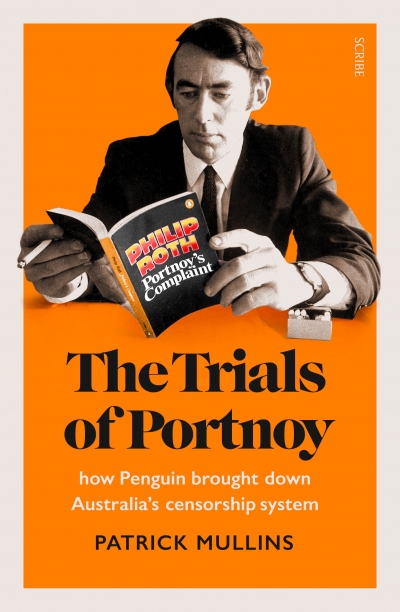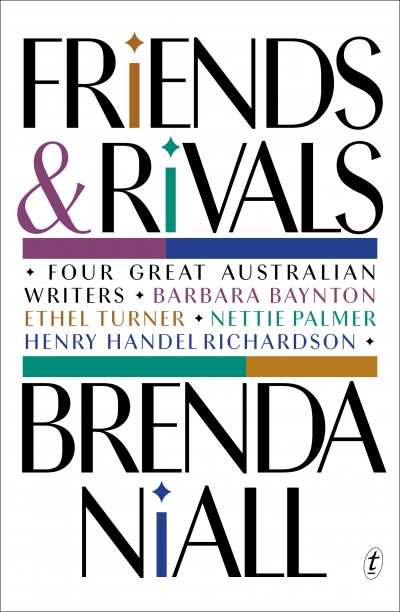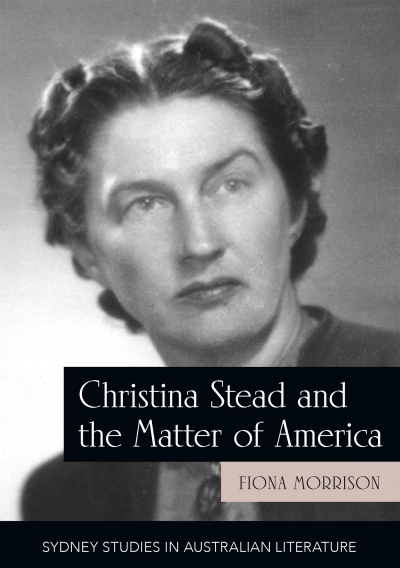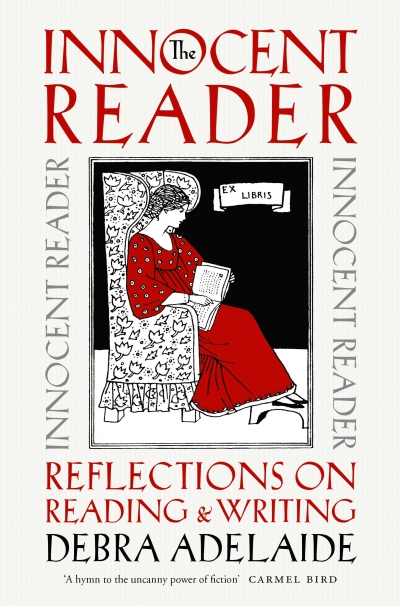Literary Studies
Fallen Among Reformers: Miles Franklin, modernity and the New Woman by Janet Lee
by Susan Sheridan •
J.M. Coetzee by Anthony Uhlmann & A Book of Friends edited by Dorothy Driver
by Paul Giles •
Spinoza’s Overcoat: Travels with writers and poets by Subhash Jaireth
by Dan Dixon •
On Robyn Davidson: Writers on Writers by Richard Cooke
by Sophie Cunningham •
The Trials of Portnoy: How Penguin brought down Australia’s censorship system by Patrick Mullins
by James Ley •
Friends and Rivals: Four great Australian writers by Brenda Niall
by Kerryn Goldsworthy •
The Innocent Reader by Debra Adelaide & Wild About Books by Michael Wilding
by Susan Sheridan •

